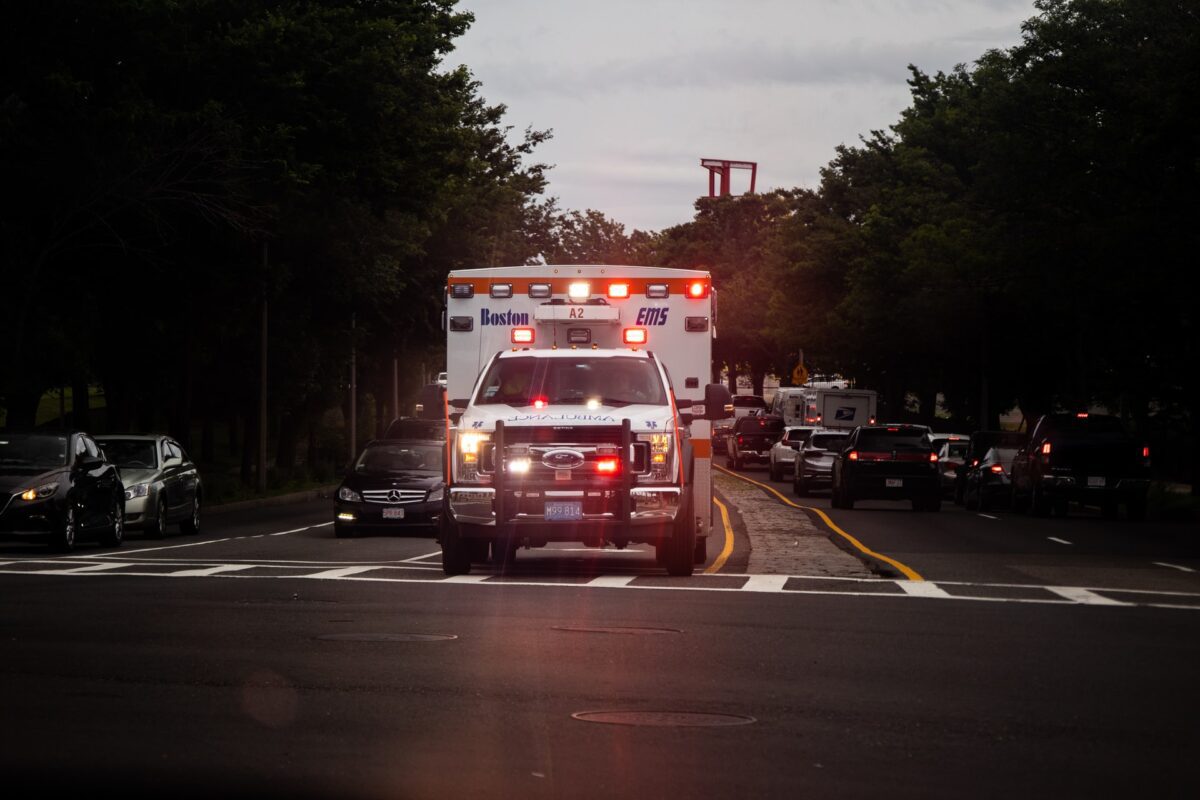Everything in this world can be related to health, even the transportation industry. Healthcare providers rely a lot on the transportation sector as they’re naturally in such a fast-paced environment. Everything is either in a rush, requiring immediate action, or needing speedy transportation. If you ask us about the importance of good transportation in maintaining quality healthcare, we’ll let you know that even a second-late ambulance can cause life.
A small delay, a split second of stopping-everything you might disregard most of the time might actually save a person’s life. Properly managed transportation may affect health in a variety of ways. Physical and psychological well-being are impacted by how individuals commute or travel. Here, you’ll learn more about the relevance of transportation efficiency to people’s well-being.
We need to pay greater attention to the fact that everything is interconnected. Is it safe to say that we’re all set? Is it making our daily routines any less hectic? Or does it merely serve to heighten our already high level of anxiety? When evaluating your trip efficiency, you should consider factors like these.
Each year, the number of road accidents decreases.
Automobile accidents are a leading source of fatalities and injuries, with victims ranging in age from four to eighty years old the majority of the time. Accidents may impact anyone, and they can happen at any moment. Drivers are urged to stay constantly vigilant and devote their full attention to the road to prevent instances from growing significantly.
The healthcare industry may avoid these incidents if individuals practice efficient transportation and travel, such as driving safely and ensuring there is no substance in their system before they get behind the wheel. They can save many people’s lives in this way. In the end, the road will be a safer place to wander.
Healthcare services can become more accessible.
There is no doubt that healthcare services will become more accessible if transportation networks are improved. Do you need an ambulance for an urgent situation? Healthcare professionals will quickly address your worry if an efficient public transit system is in place. In urgent need of medical attention? A predetermined mode of transportation can save you a lot of time and ensure your safety on the way to your destination.
People will have greater access to healthcare services if transportation is adequately handled. Everyone can achieve a healthier and happier society because more people get better exposure to health and wellness resources. Everything, as previously noted, will always be intertwined.
Less harm is brought by pollution
One of the most common adversaries of today is pollution. It’s well known that it may significantly impact our general health. Pollutants emitted by automobiles have the potential to harm human health and the environment, resulting in things like global warming and other climatic changes.
However, people may reduce this risk to one’s health if one’s transportation is well-organized. People may maintain a healthy lifestyle if drivers know how to plan their journeys to minimize pollution and save them time.
In conclusion
To enhance fairness and efficiency in transportation systems, boost demographic fitness levels, and minimize negative consequences of automobile usage, governments should utilize an effective strategy to improve accessibility to public transit. Even amid hectic work schedules and sleepless nights, anyone may maintain a healthy lifestyle via the use of an effective form of transportation: sports.
